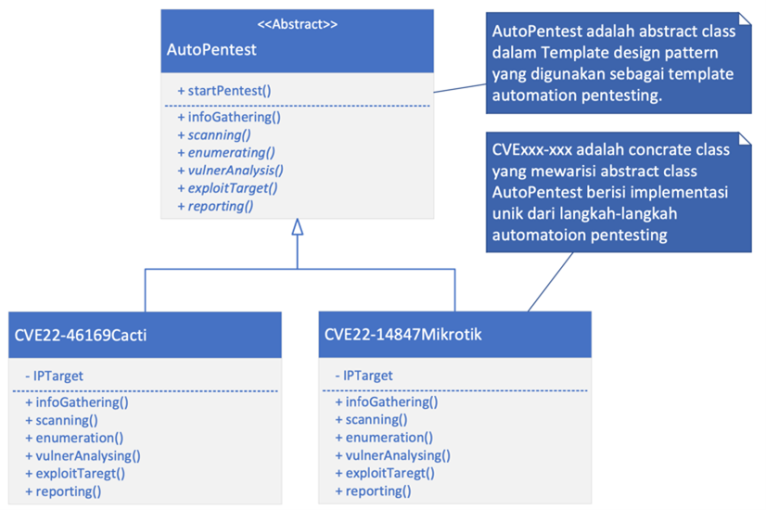

In a significant advancement in the field of cybersecurity, Ir. Nur Rohman Rosyid, S.T., M.T., D.Eng., a lecturer at the Department of Electrical Engineering and Informatics, has been guiding several students in their final project for the Engineering Technology program, focusing on cybersecurity. The recent research involves the development of an application for automating penetration testing based on Common Vulnerability Exposure (CVE). This initiative is particularly relevant in the current era of digital transformation, where numerous challenges arise in confronting cybersecurity threats.
The digital transformation era has brought about not only positive changes but also an increase in malicious activities. As organizations and individuals increasingly rely on digital platforms, the need for robust cybersecurity measures has never been more critical. The automated penetration testing application aims to assist cybersecurity personnel in strengthening system security postures by providing efficient and effective vulnerability assessments.
The research team, under the guidance of Ir. Nur Rohman Rosyid, is dedicated to addressing the pressing issues of cybersecurity in the context of the Sustainable Development Goals (SDGs). One of the key aspects of this project is to enhance access to the internet while ensuring that the ICT infrastructure is secure and resilient against potential threats. By automating penetration testing, the team aims to streamline the assessment process, allowing cybersecurity professionals to focus on more complex security challenges.
The application being developed leverages the Common Vulnerability Exposure (CVE) database, which provides a comprehensive list of publicly known cybersecurity vulnerabilities. By integrating this database into the automated testing process, the application can quickly identify and assess vulnerabilities within various systems, significantly reducing the time and effort required for manual testing.
Moreover, the project aligns with the global push for improved ICT infrastructure, which is essential for achieving the SDGs. A secure and reliable internet infrastructure is vital for fostering innovation, economic growth, and social inclusion. By enhancing cybersecurity measures through automation, the project contributes to building a safer digital environment for all users.
As the research progresses, the team is also exploring ways to make the application user-friendly, ensuring that cybersecurity personnel can easily navigate and utilize its features. This focus on usability is crucial, as it empowers security officers to conduct thorough assessments without requiring extensive technical expertise.
In addition to the technical aspects, the project emphasizes the importance of continuous education and training for cybersecurity professionals. As threats evolve, so must the skills and knowledge of those tasked with protecting digital assets. The automated penetration testing application serves as a valuable tool for ongoing learning and adaptation in the face of emerging threats.
The collaboration between academia and industry is another vital component of this research. By working closely with cybersecurity experts and organizations, the team aims to ensure that the application meets real-world needs and challenges. This partnership not only enhances the relevance of the research but also fosters innovation in the cybersecurity field.
In conclusion, the development of an automated penetration testing application at the Department of Electrical Engineering and Informatics, UGM, represents a significant step forward in addressing cybersecurity challenges. By focusing on automation, usability, and collaboration, the project aims to empower cybersecurity professionals and contribute to a more secure digital landscape.
